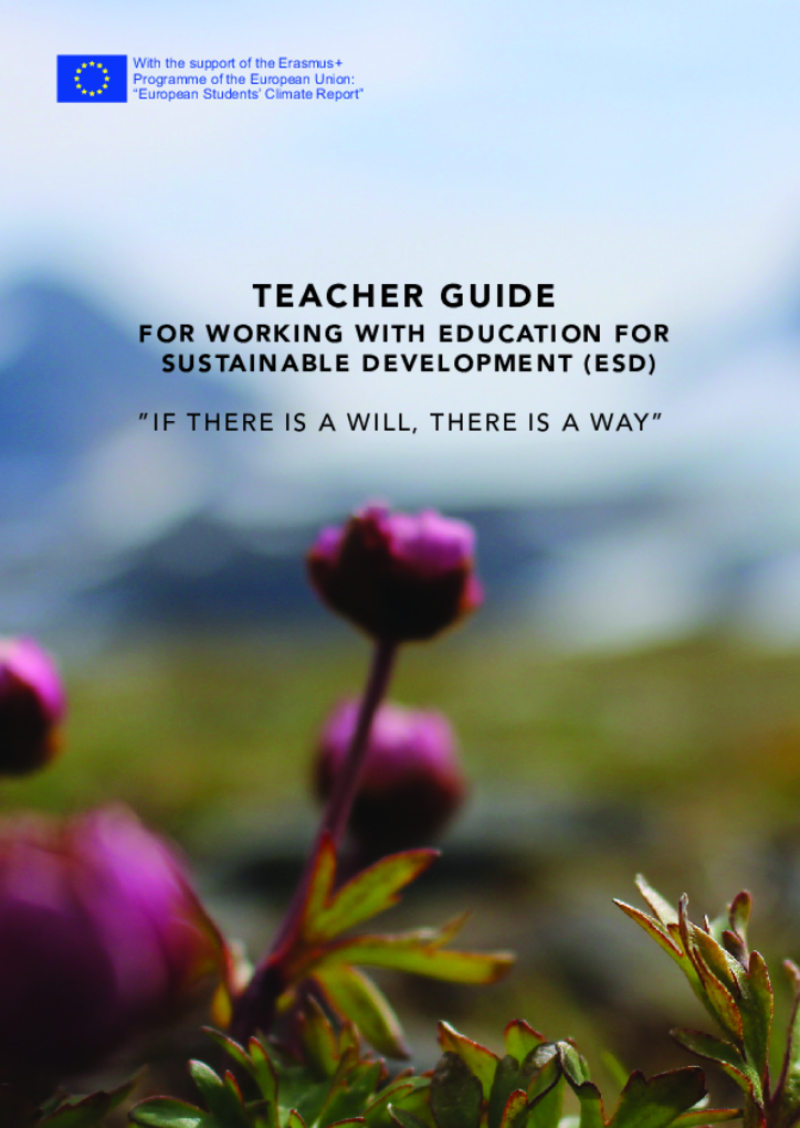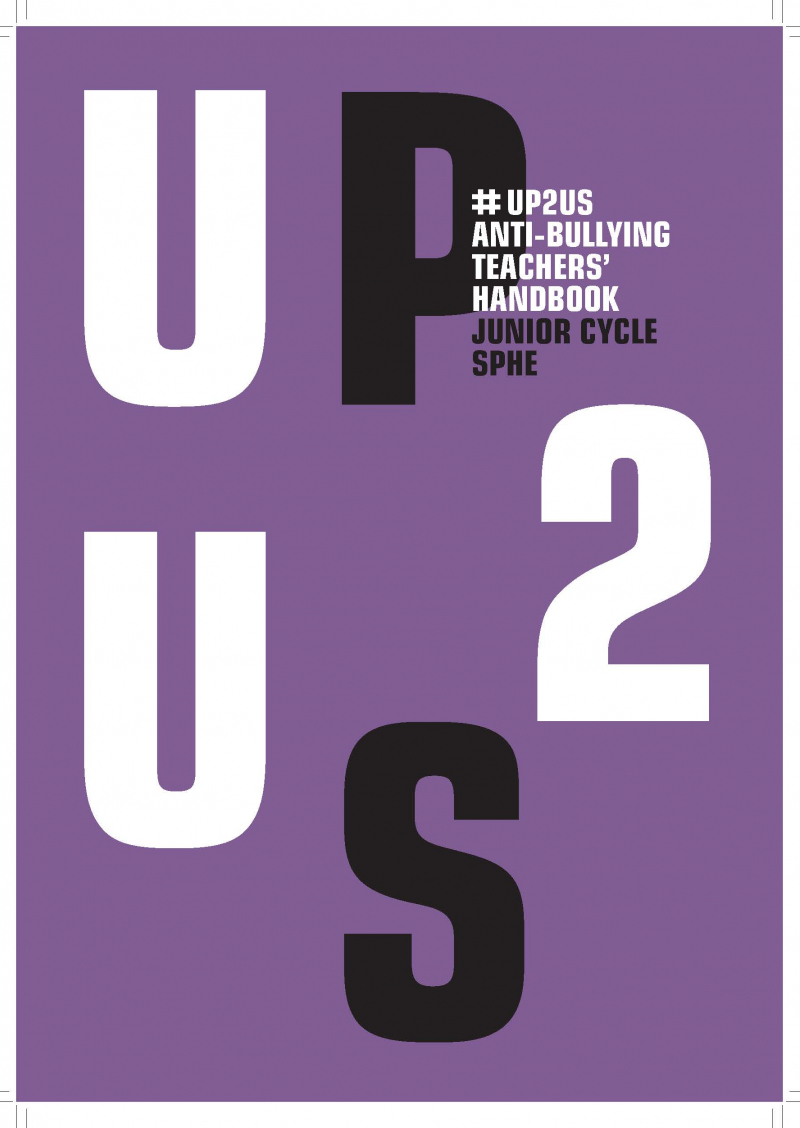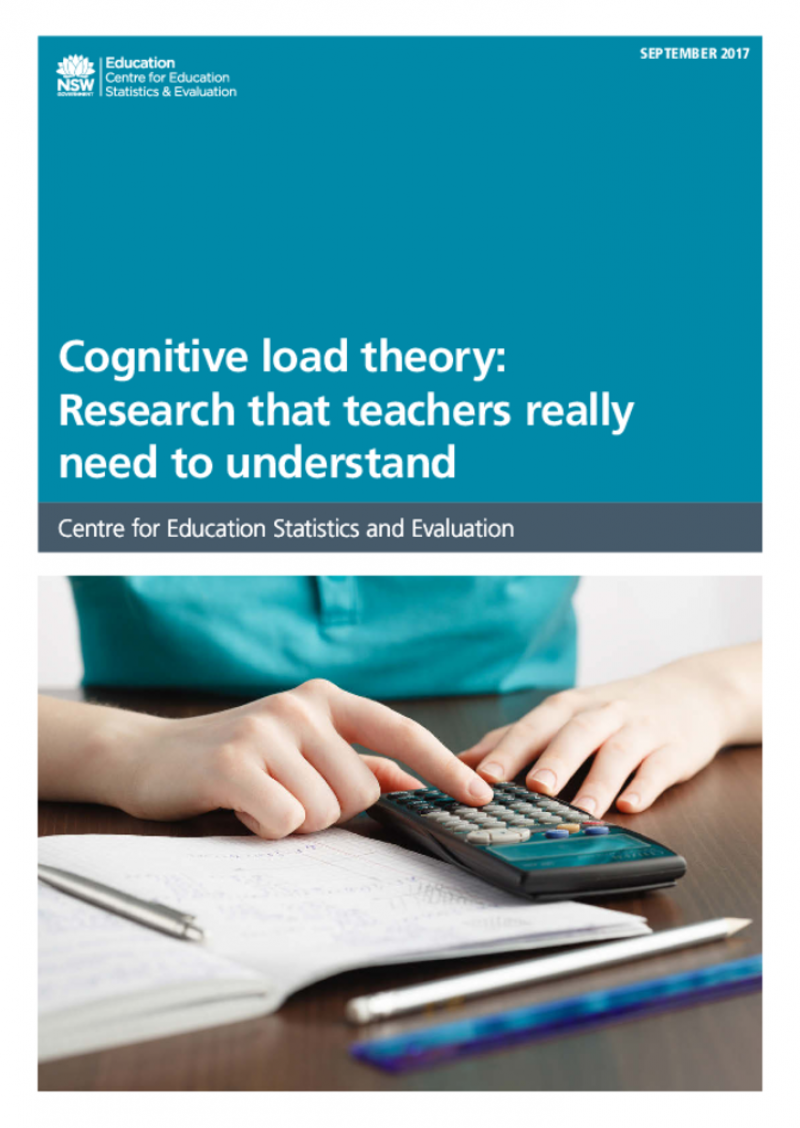Teacher Resource Centre
Displaying 1 - 4 of 4
Teacher Guide for Working with Education for Sustainable Development (ESD)
The purpose of this teacher guide is to inspire teachers who want to work with climate change and sustainable development with their students. In this guide, you will find examples of teaching activities and teacher reflections on these activities. The activities described should be seen as inspiration. They could be adjusted according to a specific teaching context as preferred, thus aligned with the same objectives and perceived outcomes. The EU-project in which the activities were developed, was carried out with upper secondary students (aged 16-19). With smaller changes by the teachers, younger students can also work with the suggested activities. Beyond the goal of learning about climate change and sustainable development, the activities enable students to practice their critical thinking, and develop their communication and presentation skills.
Anti-bullying teacher's handbook
This anti-cyber bullying resource is designed to enable students to develop a positive sense of themselves and a commitment to caring for themselves and others.
It includes a set of ten lesson plans that is intended to be used by teachers and schools who wish to address the issue of bullying as a whole, with particular focus on the issue of cyber bullying.
Leitlinien für Lehrkräfte und pädagogische Fachkräfte zur Bekämpfung von Desinformation und zur Förderung der digitalen Kompetenz durch allgemeine und berufliche Bildung
Diese Leitlinien bieten konkrete, praktische Anleitungen für Lehrkräfte und Pädagog*Innen, vor allem in der Primar- und Sekundarstufe, um digitale Kompetenzen zu fördern und Desinformation zu bekämpfen.
Sie bieten klare Erklärungen zu technischen Konzepten, Übungen für den Unterricht zur Überprüfung von Fakten, Maßnahmen zur Förderung "guter" Online-Gewohnheiten und Methoden zur Bewertung der digitalen Kompetenzen von Schüler*Innen.
Cognitive load theory: Research that teachers really need to understand
To improve student performance, teachers need to understand the evidence base that informs and helps improve their practice. An area of research with significant implications for teaching practice is cognitive load theory.
This paper describes the research on cognitive load theory and what it means for more effective teaching practice. The first part of the paper explains how human brains learn according to cognitive load theory, and outlines the evidence base for the theory. The second part of the paper examines the implications of cognitive load theory for teaching practice, and describes some recommendations that are directly transferable to the classroom.



